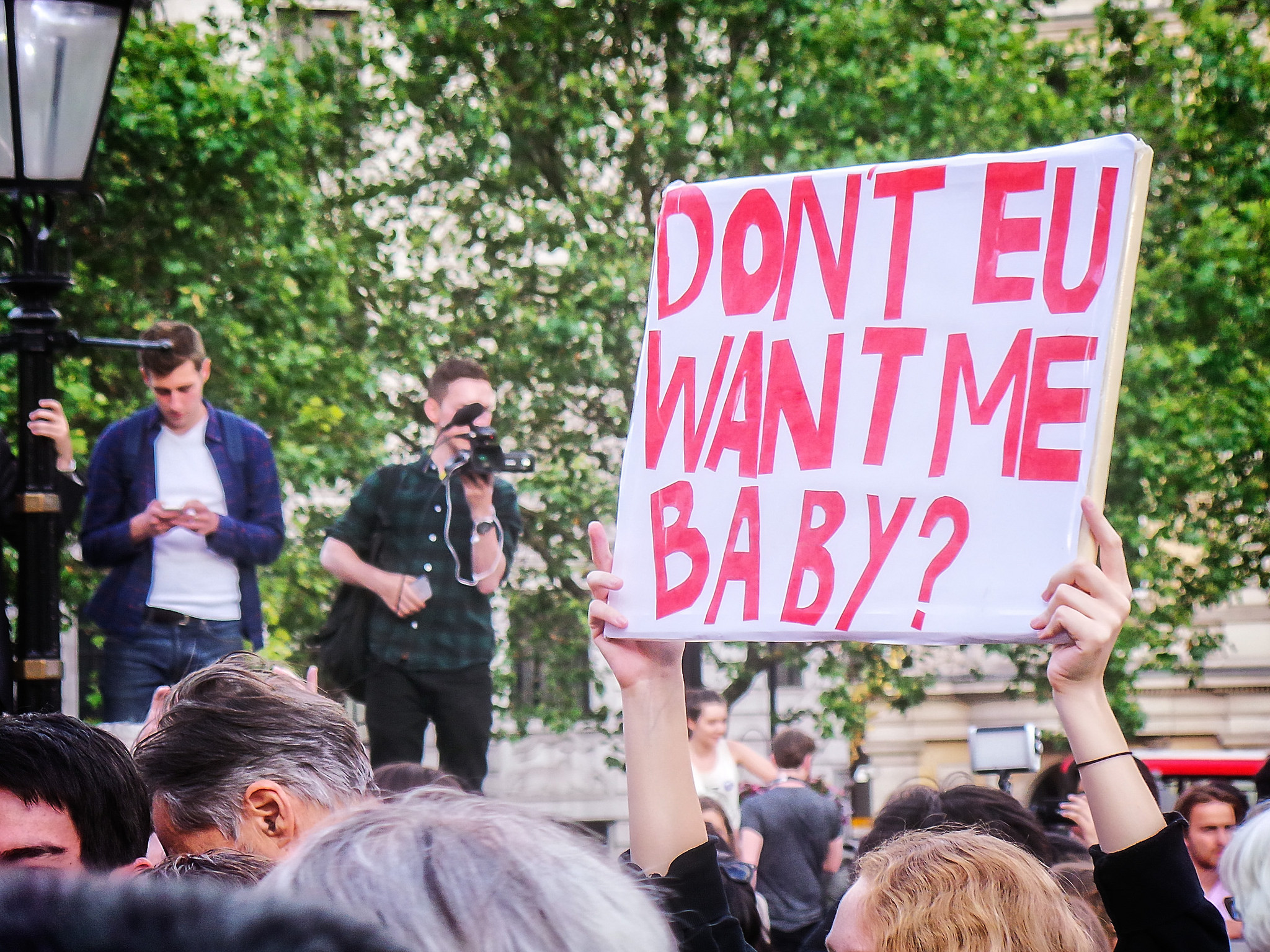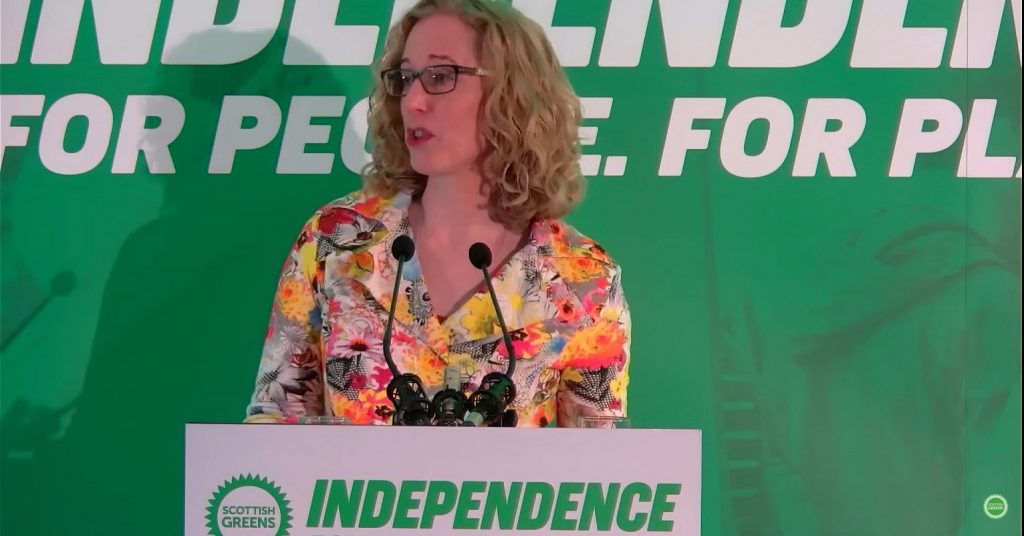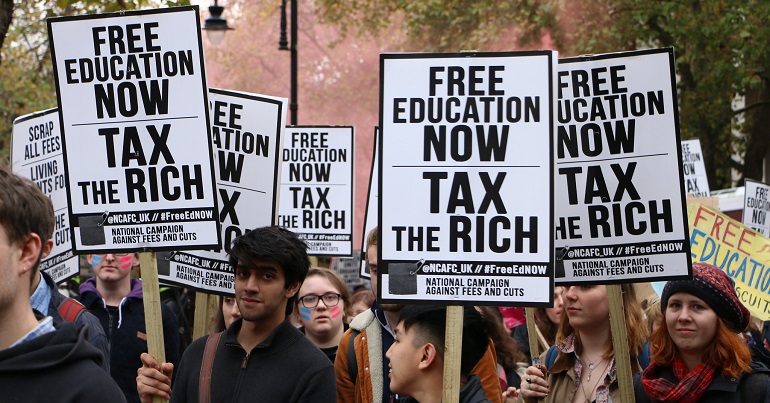The greatest tragedy of Brexit? What could have been
We’ll never know what the worst impact of Brexit was. There are plenty of obvious candidates, from the rise of hate crimes, to the tumbling pound, to the business leaving our shores to the fact that it made Nigel Farage happy (and most of this has happened before we’ve even left). But we’ll never be able to definitively calculate the true extent of the damage it has caused, because so much of its impact lies in what could have been, but won’t be now.
The Guardian has reported that the Brexit negotiations (just the negotiations!) have been estimated at requiring 500 extra civil servants at a price of £65 million pound- and that was way back in September. Whitehall has put aside resources for another 500 civil servants to deal with international relations and trade deals following Brexit too, with them struggling to fill many of these positions. Imagine what else we could do with 1,000 civil servants and 65 million quid- we could change the world. Instead, it is going to be squandered on securing more exploitative trade deals with countries further away from us and securing a deal that we’re not happy with and nor are our 27 closest neighbours.
But that’s not all. Brexit will today, just as it has many other days, likely get wall-to-wall press coverage, squeezing air time out for many other key issues. By the time it’s all over, how many hours will Parliament have spent debating, setting up and conducting select committees and drafting Bills and amendments on Brexit? How many column inches, political party and grassroots organisations conference time and Question Time-hours be squandered?
Perhaps we should settle for saying the biggest tragedy of Brexit is the colossal waste of time and resources it represents. We will never know just how many projects, how many Bills and how many debates will never be considered because our government, civil service, political parties and grass roots groups are too busy dealing with the clusterfuck that is Brexit. The real problems that face us: climate change, growing inequality, an increasingly precarious labour market, mass disenfranchisement from the political process, the inability of our economic system to reproduce itself, leading to social and economic dislocation for millions… Brexit doesn’t help one iota with any of these issues- in many cases it will actually make them worse. It is a fiction cure to very real problems and our ability to collectively deal with them is severely hampered by this monumental waste of time.
This isn’t to say that our political process will do nothing other than Brexit- of course it’ll mess things up in plenty of other areas too, but the point is that every minute spent on Brexit now is a minute that could have been spent actually helping people, actually improving lives, and they’ll be a lot of minutes wasted on Brexit in the coming years. Neither is it to say that we shouldn’t be engaging in the negotiations to try to salvage something positive from it- of course we should. The point is that most of this energy will be spent trying to stop things getting worse (although there may be some small scope for improvements to be gained along the way), rather than putting things in place that make them better. This is simply a lament that we’ve been forced to spend our energy on this and a reminder that there are bigger, deeper problems out there that need our attention too.
There is a growing interest in the field of political science in a group in society that have been dubbed (rather obscurely) ‘Everyday Makers’. These are ordinary citizens that organise in their communities to make a change, whilst holding a deep distrust, or in some cases simple dismissal, of formal political processes. It’s been described by some researchers as ‘DIY politics’- after seeing the promise of change through formal political processes shrink as the major parties consolidate around a neoliberal consensus that brings with it a shrinking of the state and a reverence of the unchallengable market, many have decided to simply change things for themselves, and sod the politicians.
Whilst I believe it is still important to engage in parliamentary democracy, undoubtedly they are going to have their hands full for the foreseeable future. This doesn’t mean we shouldn’t still lobby, petition and engage with our elected representatives, but it does mean we should also be preparing to take direct action, in our communities, on some of the real issues facing us today.
Whilst our government and parliament is subsumed in negotiating to what level we are screwed, it is going to be up to those of us that care about challenging inequality, that care about ensuring automation works for the many and not the few, that care about stopping climate change and the expanse of corporate power, that care about protecting and expanding the rights of minorities to put these issues on the agenda, and to make change where we can, through grassroots mobilisation. There may well be opportunities to do this by influencing the direction Brexit takes and we should explore those options, but we need to resist the urge of all of our energies being engulfed in our leaving the EU. We need to try and use the opportunities we have in these negotiations to not just desperately try to save what we have, but if possible, build on it and reframe the debate too.
That is the task ahead for progressives, and I am confident that together, we can win important victories in spite of Brexit in the coming months. But today, I will be reflecting on the waste that is Brexit, and mourn for what will never be. Tomorrow, I’ll start trying to create something better.
Editors note: An edit was made at 4:49pm on 29th March to add the phrase to the penultimate paragraph “We need to try and use the opportunities we have in these negotiations to not just desperately try to save what we have, but if possible, build on it and reframe the debate too.”
An additional edit was made at 6:40pm 29th March by the author to add the phrase ‘and grass roots groups’ to the sentence that now reads “We will never know just how many projects, how many Bills and how many debates will never be considered because our government, civil service, political parties and grass roots groups are too busy dealing with the clusterfuck that is Brexit.”





Leave a Reply